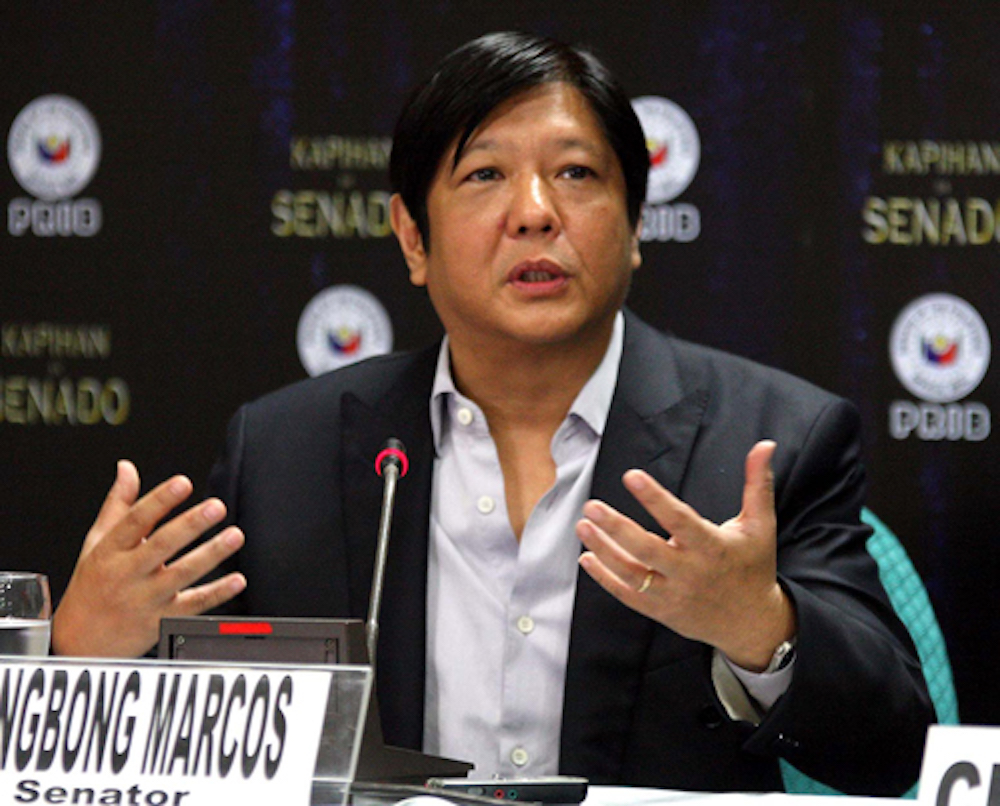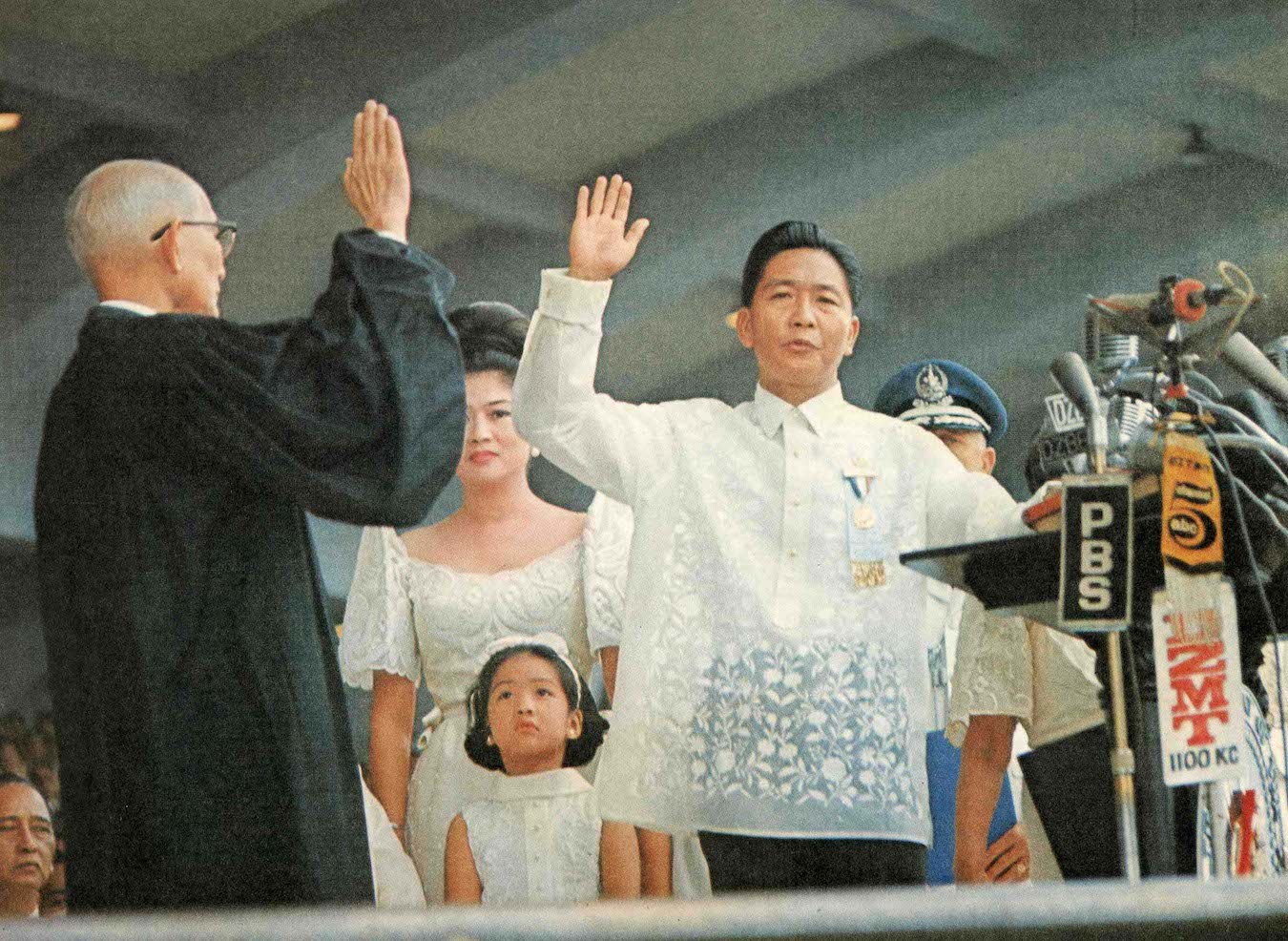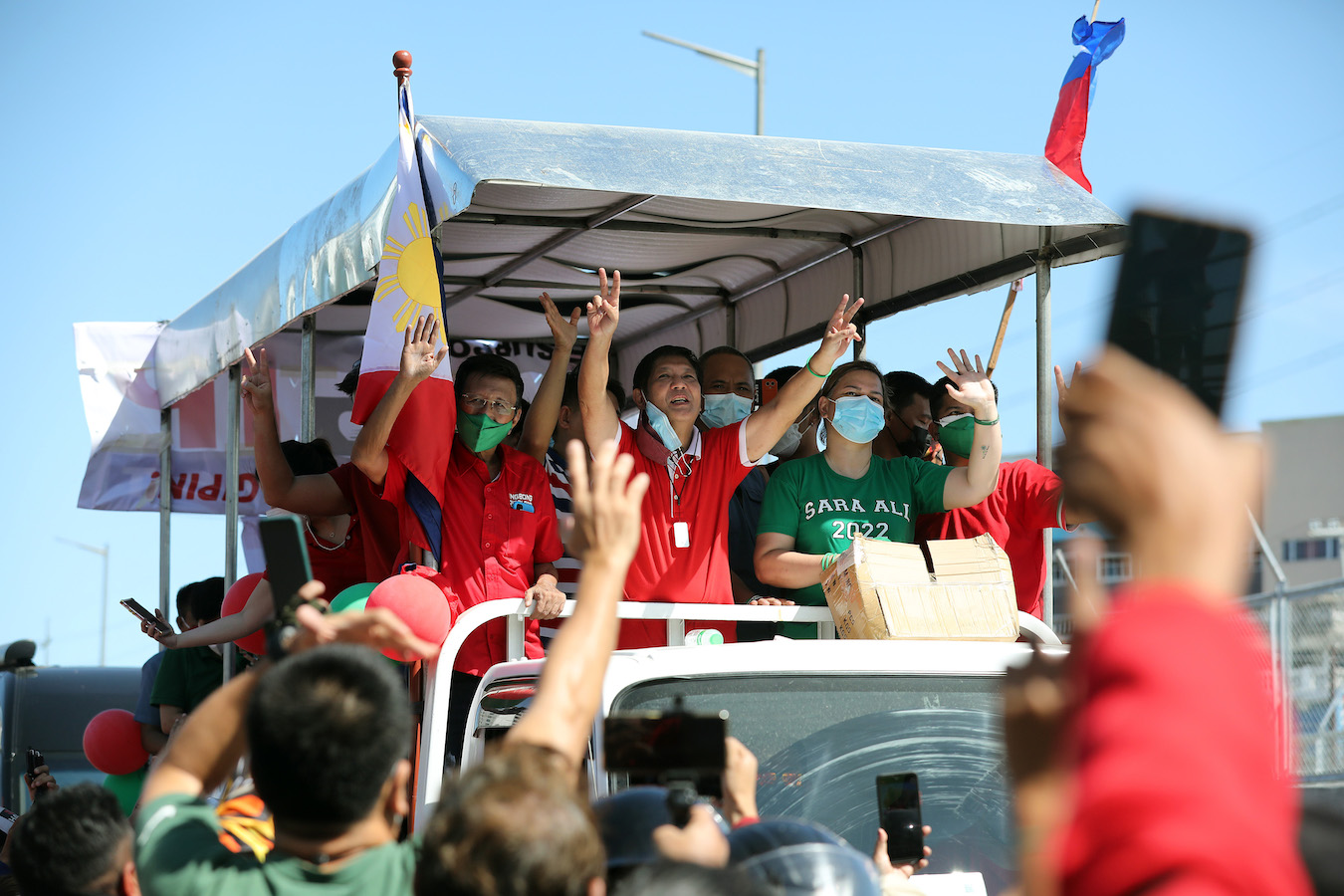by Girard Mariano Lopez
語言:
English
Photo Credit: PNA/Public Domain
THE PHILIPPINES has officially elected the former dictator’s family, Marcos, back into the presidency, specifically, Ferdinand Marcos Jr. or known as Bongbong Marcos (BBM), as well as the incumbent president’s daughter, Sara Duterte as vice president. Though election day in the Philippines was fraught with countless cases of violence, voter disenfranchisement, vote buying, machine “errors”, electioneering, military intimidation and various more instances that challenge claims of a “clean and fair elections”, the landslide victory of BBM and Sara Duterte in Taiwan was won fairly via a peaceful and incident free month-long voting process. I should know–I was part of the poll-watcher group at the Manila Economic and Cultural Office in Taipei (MECO) for the largest opposition candidate, specifically, Leni Robredo and her running mate, Kiko Pangilinan.
A Peak in the Overseas Absentee Voting of the Philippines in Taiwan
MECO TAIPEI was very transparent throughout the entire month-long electoral process, constantly deferring to poll-watchers both from the majority and minority party to monitor every bureaucratic procedure be it in the transmission of postal voting, shredding of unused ballots, operating the vote counting machines, handling of the machine’s SD Cards. Even though they were from the majority, Marcos and Duterte party and partylist representatives took rigorous notes on each miniscule process & incidents, however minor, that occurred between April 10 to May 9, to ensure no cheating.
There was also a very brief outcry concerning postal voting, with abundant fears about potential cheating and tampering-–from the Marcos-Duterte side nonetheless! Immediately accusations and conspiracies about postal voting favoring the opposition “kakampinks” (how Leni Robredo supporters are referred) spammed the comments of every MECO post, despite the Commission on Election officers being all Duterte appointees, vote counting machines supplied by Duterte business ally Dennis Uy, and Imee Marcos, the very sister of Bongbong Marcos himself, being the Senate Chair on Electoral Reforms.
 Bongbong Marcos. Photo credit: PRIB/Public Domain
Bongbong Marcos. Photo credit: PRIB/Public Domain
Compared to other countries’ Philippine overseas voting, MECO in Taiwan opted to rent an entire conference space for the 30 day period absentee electoral process instead of just utilizing the limited embassy space. In order to quell the protests regarding postal voting, MECO Taipei was perhaps the only PH overseas government representative office to provide an in-person option for those who wished to fill and submit their ballot in person rather than mail via post. Under the previous MECO administration, Filipinos residing outside of Taipei, New Taipei, Taoyuan, Keelung, Hsinchu, Kaohsiung and Tainan automatically are registered under postal voting.
Transmission of the votes via satellite, while facing initial difficulties on the night of May 9, were all successfully sent by the following day, accompanied by the presence of the Asian Network for Free Elections (ANFREL). Bongbong Marcos and Sara Duterte received over 23,900+ votes each while the opposition, Leni Robredo and Kiko Pangilinan garnered only over 1,200+ votes each across Taiwan.
Why is the Taiwan-based Filipino community a pro-Marcos majority?
IT COULD BE a puzzle to both Taiwanese and the international community–how 23,000 overseas Filipinos, who live in one of the most robust democracies in Asia defiant to the ‘communist’ superpower next door, elect a president and vice-president known for their family’s legacies of vast corruption, crimes against human rights, and pro-Xi Jinping stance? Are Filipinos really just naive to their own history?
Alas, in Marcos-majority Taiwan, there’s more than what meets the eye.
Even since Ferdinand Marcos Sr. was ousted in the 1986 People Power Revolution after a brutal twenty-year dictatorship that saw countless cases of state assassinations and torture, ten billion dollars stolen from and unreturned to the Filipino people, as well as destruction to both the Philippine economy and governance, the family has been slowly buying and strategizing its way back into politics, be it either the failed coups in the early 90s or more prominently, the vast disinformation and troll campaigns since 2015 which also involve the likes of Cambridge Analytica.
 Ferdinand Marcos Senior being sworn into office for his second term. Photo credit: Philippine Presidential Museum and Library/Public Domain
Ferdinand Marcos Senior being sworn into office for his second term. Photo credit: Philippine Presidential Museum and Library/Public Domain
Such disinformation campaigns reign popular amongst the Overseas Filipino Worker (OFW) community here in Taiwan. Several OFWs have lamented unto how a majority of people here merely rely on Facebook and Tiktok for their source of information, and state that most workers have no time or energy to do independent fact-check or research, prefer to spend their day-offs away from politics, and rely solely on popular opinion as to who to support for the Philippine presidency. This is especially amplified by the fact most OFWs have not been back home in the Philippines for months or even years, and have not experienced disillusionment with the current state of affairs most Filipinos back home, even some pro-BBM ones, are familiar with.
Despite attempts to campaign for the opposition parties, most OFWs, including me, found themselves at dead ends in trying to convince fellow Filipinos about the realities back home and why it is important to elect new and qualified officials into the national government. Following the “pink wave” back home that showed massive rallies in support of current vice president Leni Robredo and her slate, dozens of Filipinos in Taiwan rallying for the opposition also held small gatherings in the parks of Taipei, Taichung, and Kaohsiung. But unlike the Philippines, here, kakampinks were dwarfed by their BBM-Duterte counterparts that gathered in the hundreds in Chiayi, Kaohsiung, and several more places.
A majority of pro-BBM supporters state that as they are from either Ilocos or the Bisaya-speaking region, they stay loyal towards BBM and Duterte and do not wish to expound on such. These also mirror sentiments back home, reflecting the subconscious regionalist attitudes of Filipinos from different parts of the country in an archipelago of 7,107 islands. Others, however, maintain an obstinate hubris attitude in emphasizing their native knowledge and local political links back home, which to me do not manifest as arrogance, but rather as a longing to be considered in touch with their home country, after being overseas for a prolonged period of time.
However, amidst these moments of heated exchanges, a number of pro-BBM OFWs still openly engage with me and even offered free food, water, and friend requests to add their Facebook accounts. Online interactions between overseas Filipinos in Taiwan reflect the opposite–a hostile atmosphere of trolls, trash talk, and toxic interactions. In fact, while interacting with poll watchers of the opposing party, I came to know that there is actually a very active pro-BBM civil society sector that not only arranges various activities like fun runs, zumba classes, and competitions for Filipinos abroad, but also provide help and aid to distressed OFWs in Taiwan, be it legal or financial.
 Caravan for the Marcos-Duterte ticket. Photo credit: PNA/Public Domain
Caravan for the Marcos-Duterte ticket. Photo credit: PNA/Public Domain
What perplexes me more is that these groups like FilCom, OFW Global Movement for Empowerment, and OFW Partylist, whilst receiving much support from BBM camps, actually actively campaign for migrant rights in Taiwan, provide structured support for overseas migrant workers, and collaborate extensively with the de facto embassy of the Philippines in Taiwan. Workers’ movements in the Philippines, meanwhile, have faced grave repression under both the Duterte administration and former Marcos dictatorship.
It is no wonder then that Marcos and Duterte enjoy popular support among overseas workers in Taiwan. While disinformation campaigns and YouTube conspiracists play a huge role in shaping civil opinion of OFWs, such is fortified by a very active civil community whose organizations are in firm support of Marcos-Duterte. Some OFW workers have disclosed that Marcos shirts were indeed being distributed in factories. But active campaigning for Marcos would be nothing if it were not from prominent leaders of the Filipino community and migrant organizations too. If the most trusted heads and majority of friends in a limited social bubble overseas support Marcos-Duterte, and you have received much aid and community from such, wouldn’t you be inclined to support Marcos-Duterte too?
Such is one thing that couldn’t be overturned by either fact-check campaigns or historical books, and thus, such individuals are hostile to anything that threatens to disrupt their firm beliefs and sense of community and belonging. In Taiwan, and perhaps in other overseas Filipino communities, bonds outweigh truths.

